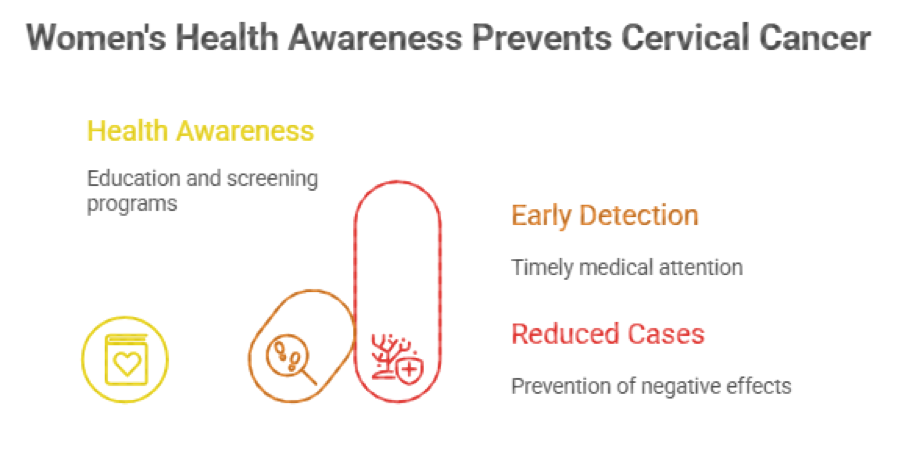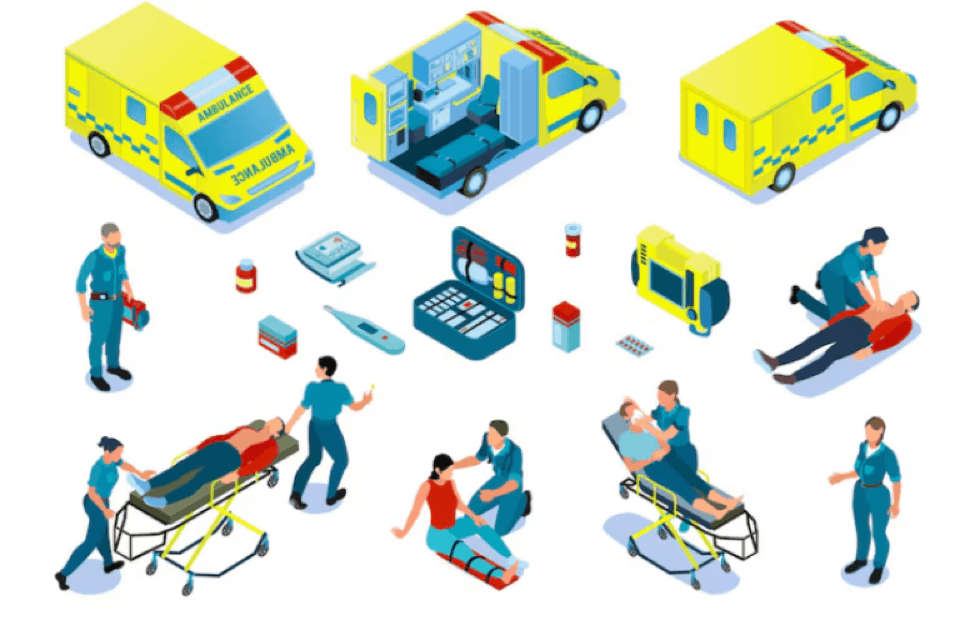
Introduction
Hypertension is one of the most common health conditions faced by people around the world. Known as the “silent killer,” it develops slowly over time, with few clear signs until substantial damage has already occurred. In short, hypertension means that the force of blood is consistently too high against your artery walls.
This blog will look at the causes, signs, and the nature of how hypertension is able to be controlled. If caught early and well managed, hypertension can be treated and avoid long-term damage.
What Causes Hypertension?
Hypertension has no single cause, but there are a number of recognised risk factors. They include:
- Lack of exercise
- Unhealthy diet, particularly one that is high in salt and saturated fats
- Being overweight or obese
- Excessive alcohol consumption
- Smoking
- High stress levels
- Family history of hypertension
Quite often, a mix of these conditions contributes to increased blood pressure readings, particularly as we age. Secondary hypertension, which is associated with medical conditions such as kidney issues or hormonal diseases, develops in some individuals as well.
Common Hypertension Symptoms
The tricky part about hypertension symptoms is that most people don’t feel any difference, even when their pressure is very high. That’s why it is important to go for regular check-ups, especially if you have any risk factors.
However, when symptoms do appear, they might include:
- Headaches (especially early in the morning)
- Dizziness or blurred vision
- Chest pain
- Shortness of breath
- Irregular heartbeat
If you experience these symptoms frequently, it’s best to seek medical attention and have your blood pressure levels checked.

Why Blood Pressure Levels Matter?
Normal blood pressure levels are usually around 120/80 mmHg. If your readings are consistently over 140/90 mmHg, you are considered hypertensive. Anything between those numbers might be considered prehypertension or “borderline”.
High readings over a long period put stress on your heart and blood vessels, increasing the risk of strokes, heart attacks, and kidney failure. That’s why managing cardiovascular health early is very important.
Lifestyle Changes for Hypertension?
The good news is, lifestyle plays a big role in preventing and managing hypertension. Doctors often advise the following steps to bring your pressure under control:
- Reduce salt in your diet
- Eat more fruits, vegetables, and whole grains
- Stay active—aim for 30 minutes of walking or exercise most days
- Avoid smoking and cut down on alcohol
- Keep a healthy weight
- Manage stress through activities like yoga or deep breathing
These lifestyle changes for hypertension are effective and often lower your need for medication if followed consistently.
Medical Treatment Options
If lifestyle changes alone don’t lower your blood pressure levels, doctors may prescribe medication. These medicines help relax your blood vessels, slow down your heartbeat, or reduce the volume of blood in your system. It’s important to take your medication regularly and as prescribed, even if you feel fine.
Regular monitoring and follow-ups are also essential. That’s why having a trusted healthcare provider makes all the difference in managing hypertension long-term.
Why Choose M.P. Shah Hospital?
M.P. Shah Hospital offers top-quality care for patients managing hypertension and other chronic conditions. The hospital is known for its expert doctors, modern facilities, and personalised care. With regular screening, proper diagnosis, and effective treatment plans, M.P. Shah Hospital ensures that patients not only manage their blood pressure but also protect their overall cardiovascular health.
What sets MP Shah apart is its focus on lifestyle-based care, helping patients take control of their health through guided changes and education. The hospital also provides diet counselling, fitness support, and wellness programmes designed to keep your pressure in check without stress.
Final Thoughts on Managing Hypertension
Living with hypertension doesn’t have to be scary. With early detection, the right habits, and good medical support, it can be managed effectively. Understanding your hypertension symptoms, tracking your blood pressure levels, and protecting your cardiovascular health can all lead to a longer and healthier life.
Take control of your health today—book your check-up at MP Shah Hospital and get expert support in managing hypertension the right way. Your heart deserves the best care.











